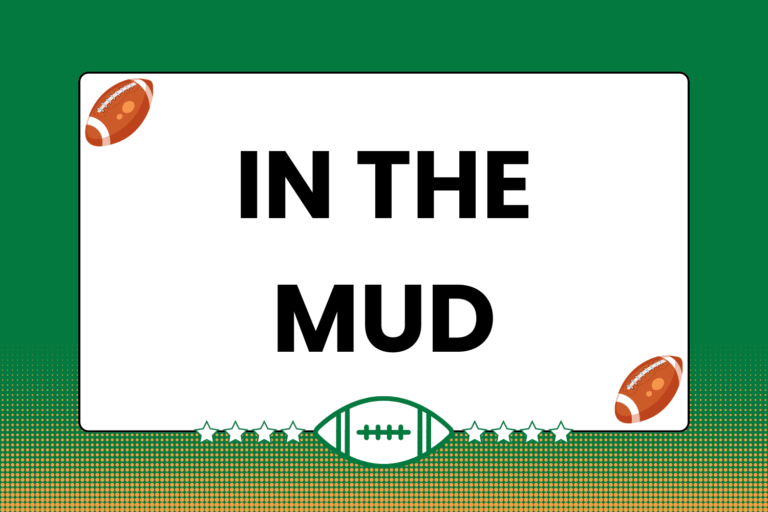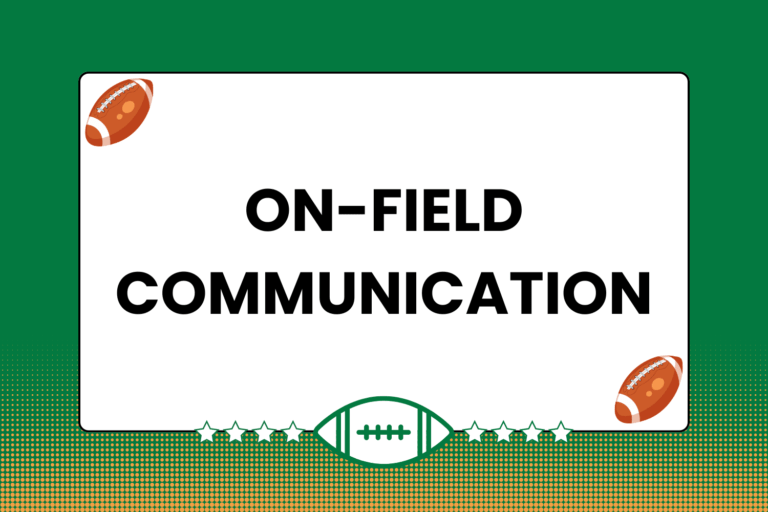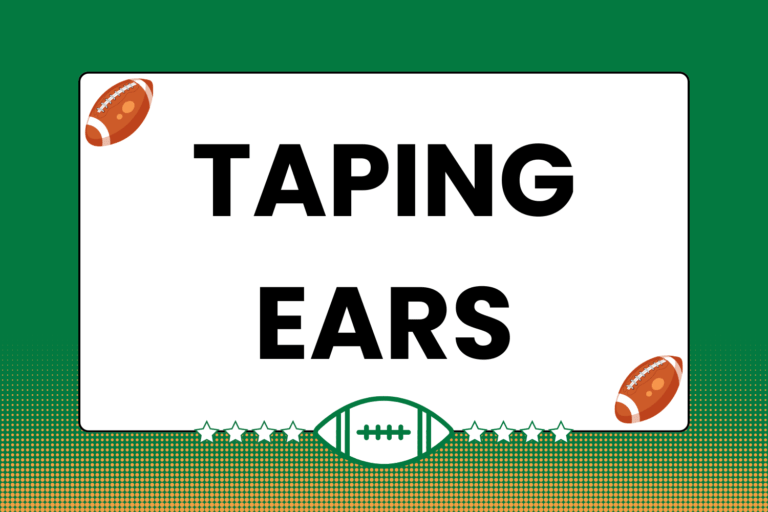There is a certain type of person who, at a point in their lives, will suddenly feel that something is missing, something is lacking. Be warned: It can happen at different times. Some people feel this sense of incompletion at a very young age. With others, it simmers for years and isn’t recognized until that person is well into adulthood. This is not some itch to be scratched with a hobby like stamp collecting or gardening. And this newfound sense of emptiness should never be completely ignored. It’s a losing battle, and more than one person has been driven completely insane from trying to ignore it. Any sort of journey into athletics is a move in the right direction.
Symptoms of the condition include:
- Being unfulfilled by playing other sports
- The sudden urge to bind on to a nearby classmate, co-worker, complete stranger, etc.
- Requiring that objects be handed to you in any direction other than forward, as passing things forward seems wrong (unless you’re kicking them)
- Seeing visions of, or actually attempting, a traditional Maori war dance before heading into a big meeting, taking a big test, going in for a performance review, etc.
- Having people tell you that you repeatedly mutter things like ‘ruck over’ and ‘win the scrum’ in your sleep
Eventually, the condition is discovered to be a distinct lack of rugby in the afflicted person’s life, and the remedy is pretty simple:
Join a Rugby Club
However, unless you happen to reside in an area where rugby is present in every part of life – South Africa and New Zealand, for example – this is easier said than done, both in finding a club and becoming a member. Yes, finding a club can be tricky, and joining one may require more than simply showing up to practice. But remember, all good things are worth working for, and only by successfully joining a club can you have any hope of erasing that feeling of emptiness in your life.
Finding Rugby Clubs in the Area
The first step in treating your affliction is to understand your treatment options, which is done by identifying the clubs located in the general area where you live.
Word of Mouth
If you live in Great Britain, several places in the South Pacific, or in certain other countries, finding a club is probably as easy as asking any passing person for directions to the closest rugby club. If you live elsewhere, it takes a few more steps and a little more effort, but it can still be done. To start, here is a list of places where you’ll likely find someone that can provide information about rugby clubs in your area:
- Sporting Goods stores
- Bars/restaurants that feature multiple televisions dedicated to showing sports
- Municipal buildings in your city. The building itself will vary by location; head for the one that usually has information about sports clubs and recreation activities
- Nearby colleges/universities (specifically their athletic departments)
Even if they don’t have lists on hand of teams and clubs in your area, chances are good they can put you in contact with someone who does.
How to Actually Join a Rugby Club
Now that you’ve found at least one club in your area, the next step is to get some information about how a person (you) can apply for membership.
Step 1: Gather introductory information.
There are a few crucial pieces of information you’ll need to find out if you’re even eligible for membership with a particular team. Once you find a contact person for a club, ask the following questions:
- Are you currently accepting application from potential members?
- Is membership open to everyone, or do I have to try out?
- (If you’re brand new) I’ve never played before; can I still apply for membership?
- What are the dues (costs) that come with membership?
- When and where does the club practice?
- Any other questions you have
Step 2: Apply to, become and stay a member.
Assuming that you’re still allowed to apply for membership, the rest is pretty simple. To become a member (and stay a member), you need to do three things:
- Fill out all the necessary paperwork: You’ll probably be allowed to practice a few times with a club, but until you complete all the paperwork that goes with becoming a member, you won’t actually be a member and won’t be allowed to play in matches.
- Pay your dues: You pay dues to the club periodically, depending on how many seasons your club plays, and the length of each season. Paying dues helps the club pay for (among other things) pitch rentals, officiating crews for matches, and the kits each player wears. The amount of the dues, and the times you’ll need to pay them, vary from club to club.
- Show up for practice: It’s understandable that most players won’t be able to make every practice. However, if you just fill out the paperwork, pay your dues and rarely come to practice, you’ll likely never see any playing time. Plus, you’ll probably anger your teammates and your membership can be called into question in such instances.
And Then?
Once you’ve found and gained membership with a club, that empty feeling should start to disappear pretty quickly, and your case of NeedToPlayRugbyitis will officially be cured.
If this is your first time playing rugby, it would be a good idea to check out the guide titled, “What to Expect on Your First Day of Practice.” It has some helpful information about topics, like what to bring to practice and what to expect in terms of the activities/drills that will be used.





